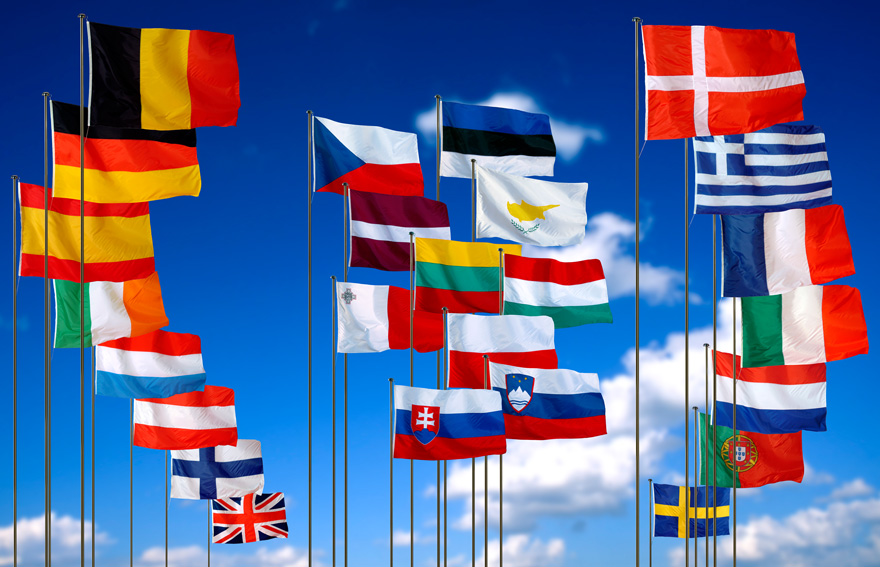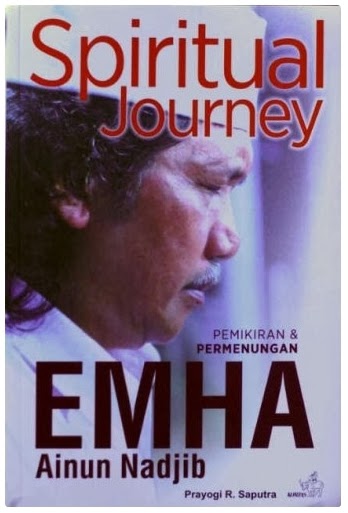Meskipun dikenal sebagai politisi yang sering berbicara keras dan blak-blakan, latar belakang kehidupan Mahmoud tidaklah banyak diketahui orang. Berikut kisah hidup Ahmadinejad yang tersembunyi :Mahmoud Ahamadinejad lahir pada tahun 1956, tepatnya pada tanggal 25 Oktober. Dia adalah seorang shiah. Keluarganya adalah 'keluarga ilmuwan', Ahmadinejad dan istrinya sama-sama menyandang gelar profesor.
Saborjhian adalah nama keluarganya. Sewaktu bayi, keluarga Ahmadinejad pindah dari desa kecil, Aradan, ke Teheran. sejak itulah nama keluarganya berubah dari Saborjhian - yang berarti "tukang cat benang" (pekerjaan paling rendah dalam industri karpet di Iran), menjadi Ahmadinejad - yang berarti "keturunan Muhammad" atau "keturunan bangsawan".
Ahmadinejad memiliki 6 saudara. Dia sendiri adalah anak ke 4. Ayahnya, Ahmad, adalah seorang pandai besi di Teheran. Semasa di Aradan ayah Ahamadinejad memiliki kios sayur dan potong rambut.
Pada usia 19 tahun ia menjadi salah satu dari 130 pelajar yang lulus ujian masuk perguruan tinggi (UMPTN atau SNMPTN di Indonesia). Ia tercatat sebagai mahasiswa Teknik Sipil di Universitas Sains dan Teknologi Teheran. Dengan cepat ia meraih gelar sarjana, kemudian secara berurutan meraih gelar master dan dan doktor di bidang teknik transportasi dan lalu lintas.
Ahmadinejad adalah mahasiswa sekaligus aktivis politik. Meski gerakan keagamaan di larang di masa Shah, Ahmadinejad dan kawan-kawannya membuat leaflet-leaflet protes dengan alat cetak yang disembunyikan di rumah. Kemudian Ahmadinejad bergabung dengan faksi ultra-konservatif. Pada tahun 1979, akibat Revolusi kelompok-kelompok mahasiswa radikal berkembang hingga berani merencanakan pengepungan kedutaan Amerika Serikat.
Pasca konfrontasi dengan Irak, Ia bergabung dengan Pasukan Khusus Brigade Revolusi, satuan milisi yang setia kepada Ayatollah Ruhollah Khomeini, pemimpin spiritual pada masa itu. Ia bekerja secara sembunyi-sembunyi.
Dia adalah pendiri Islamic Society of Students (Perhimpunan Mahasiswa Islam) dan juga menjadi instruktur di Basij. Basij adalah organisasi yang mengawasi pelaksanaan Undang-undang Republik Iran yang berkaitan dengan agama. Anggota Basij berkeliling kota di atas sepeda motor mencari wanita-wanita yang melanggar aturan berpakaian dan yang berduan dengan laki-laki non-muhrim.
Pasca peperangan, ia kembali ke almamaternya. Ia menjadi dosen dan profesor teknik. Pengalaman kerjanya antara lain pernah menjadi wakil gubernur dan gubernur provinsi Maku dan Khoy. Dia juga pernah menjadi penasihat Kementrian Penerangan Islam dan Budaya. Pada tahun 1993 sampai 1997 dia menjabat sebagai Gubernur Ardabil. Dan menjadi walikota Teheran di tahun 2003.
Pada saat menjadi walikota inilah ia mendapat reputasi sebagai pejabat yang dekat dan perhatian dengan penduduk Teheran kelas pekerja dan bawah. Ia dikenal dengan kebijakannya yang konservatif-religius dan populis. Ia memerintahkan penutupan pertunjukan-pertunjukan sekuler, restoran cepat saji serta penutupan cafe-cafe internet. Kemudian dia menyeragamkan apa yang ia pakai dengan para pekerja, yaitu dengan mengendarai Peugeot tua tahun 1977 dan meninggalkan kendaraan dinasnya yaitu limosin.
Ahmadinejad memenangkan pemilihan presiden pada bulan Juni 2005 dengan mengalahkan politisi kawakan Ali Akbar Hashemi Rafsanjani. Pada saat kampanye ia mengatakan, "Kita tidak melakukan revolusi untuk mencari demokrasi".




 00.43
00.43
 adi rahman
adi rahman
